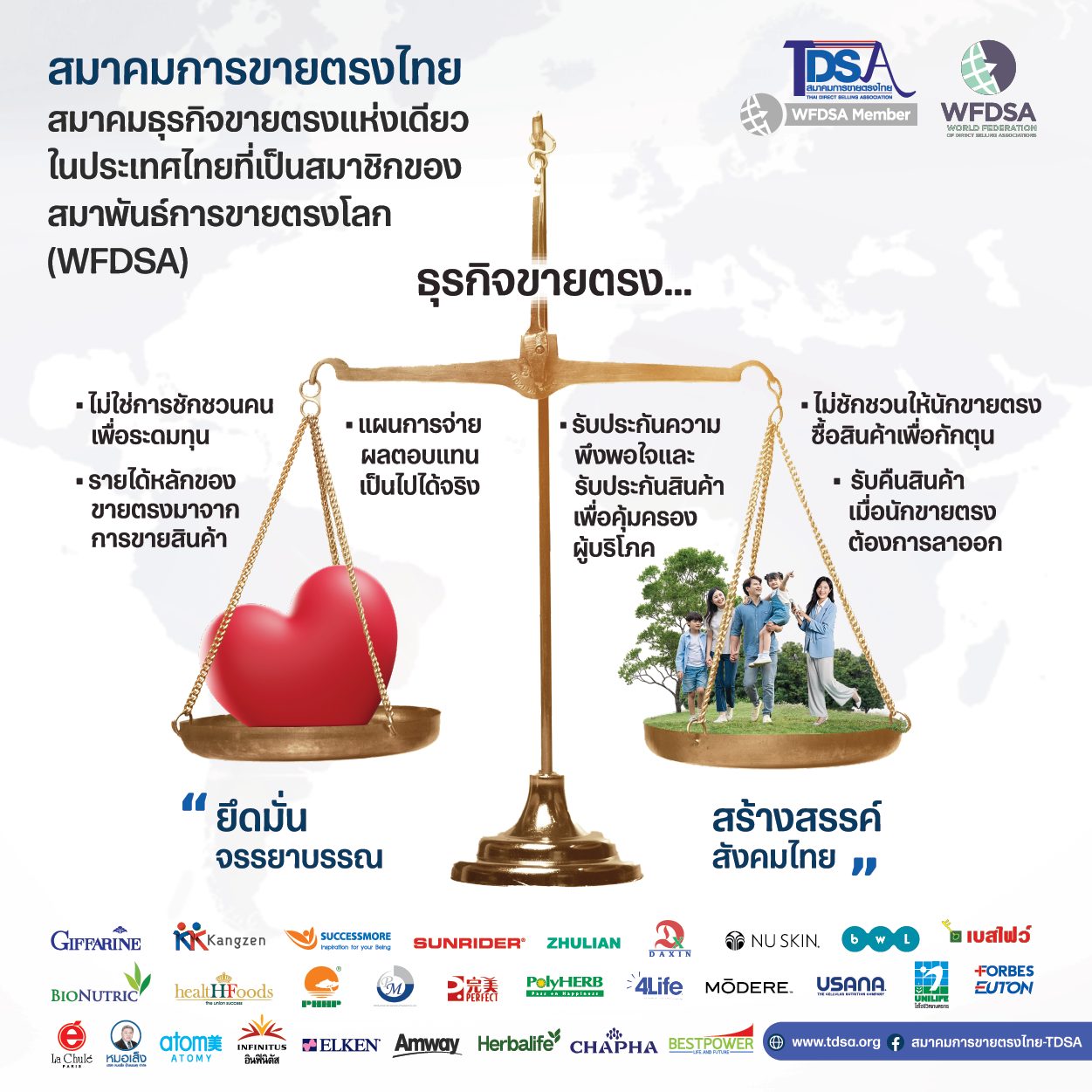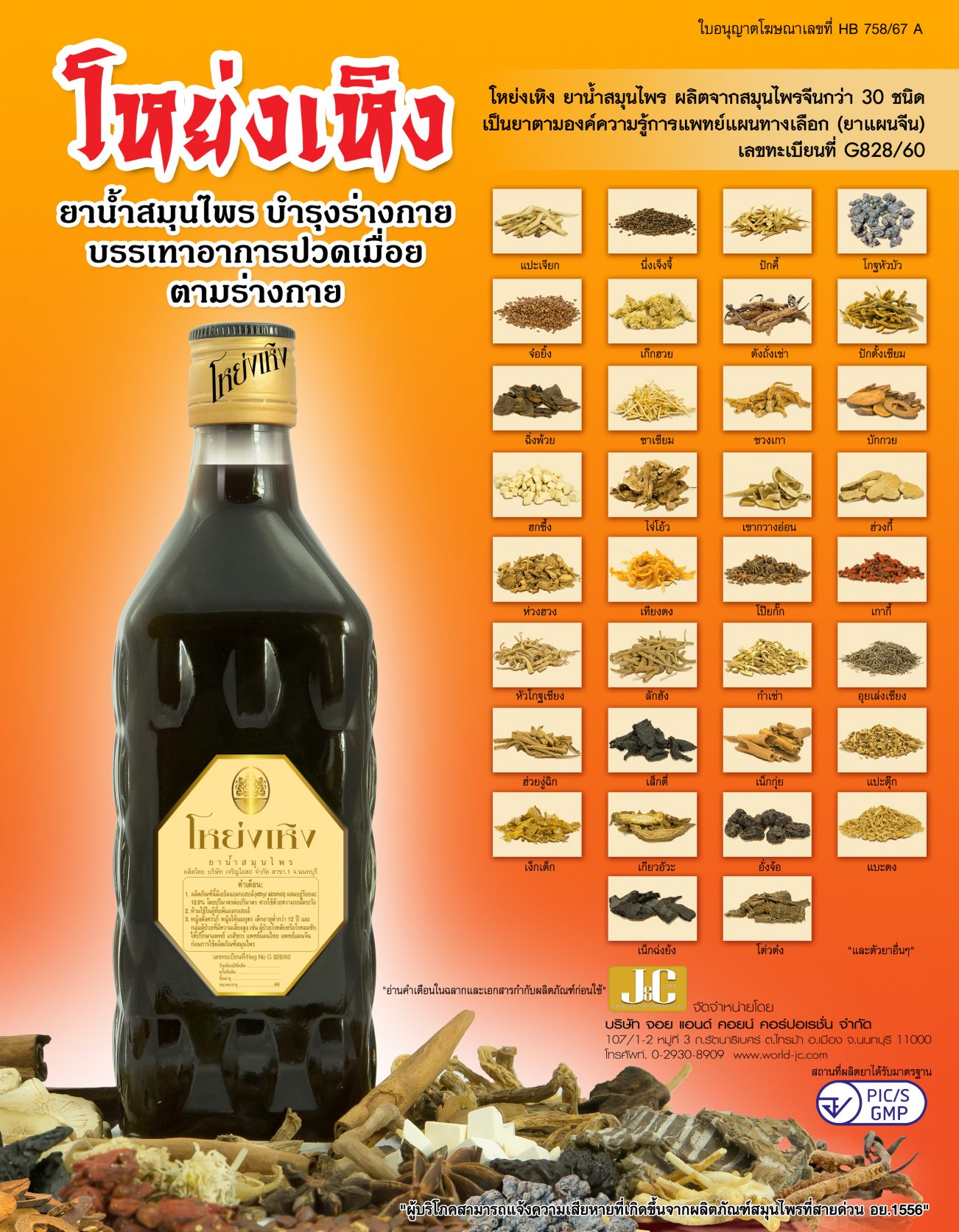ศูนย์วิจัยกสิกรไทยมองเศรษฐกิจไทยปี 2564 ดีขึ้นกว่าเดิม รับคลายล็อกดาวน์และมาตรการเปิดประเทศที่เร็วกว่าที่มองไว้เดิม หลังการกระจายวัคซีนที่เร่งตัวขึ้นกว่าที่ประเมินไว้ในเดือนสิงหาคม 2564 นอกจากนี้ เศรษฐกิจไทยยังมีแรงส่งจากผลการเบิกจ่ายภาครัฐที่ออกมาดีกว่าคาดด้วย
นางสาวณัฐพร ตรีรัตน์ศิริกุล ผู้ช่วยกรรมการผู้จัดการ บริษัท ศูนย์วิจัยกสิกรไทย จำกัด มองว่า ผลจากการคลายล็อกดาวน์และการเปิดประเทศที่เร็วขึ้นนี้ ทำให้ปรับเพิ่มคาดการณ์จำนวนนักท่องเที่ยวต่างชาติเพิ่มขึ้นเล็กน้อยจาก 1.5 แสนคน มาเป็น 1.8 แสนคน ดังนั้น ในภาพรวมแล้ว จึงทบทวนประมาณการเศรษฐกิจไทยปี 2564 โดยปรับเพิ่มคาดการณ์ขึ้นจากหดตัว -0.5% มาอยู่ที่ 0.2% อย่างไรก็ตาม ผลกระทบจากน้ำท่วมและภาระการครองชีพที่สูงขึ้นจากราคาน้ำมันที่สูงขึ้นอย่างมาก ตลอดจนความเสี่ยงที่การแพร่เชื้อในประเทศจะกลับมาหลังเปิดประเทศยังเป็นปัจจัยที่ทำให้การปรับประมาณการเศรษฐกิจในปี 2564 เป็นไปอย่างจำกัด

ด้านนางสาวเกวลิน หวังพิชญสุข ผู้ช่วยกรรมการผู้จัดการ บริษัท ศูนย์วิจัยกสิกรไทย จำกัด เพิ่มเติมประเด็นผลกระทบจากน้ำท่วม โดยมองว่าผลกระทบส่วนใหญ่น่าจะอยู่ภายในปี 2564 โดยสถานการณ์น้ำท่วมที่เกิดขึ้นในช่วงเดือนกันยายนถึงตุลาคม 2564 คาดว่าจะสร้างความเสียหายให้กับทั้งภาคเกษตร ซึ่งน่าจะกระทบทั้งหมดประมาณ 6-7 ล้านไร่ รวมถึงนอกภาคเกษตร ที่สำคัญคือ ภาคบริการและแรงงานรับจ้างรายวันที่ได้รับผลกระทบจากการที่ธุรกิจหยุดชะงักลงบางพื้นที่ในกว่า 30 จังหวัด ดังนั้น โดยรวมแล้ว คาดว่ากระทบเศรษฐกิจไทยประมาณ 2.5 หมื่นล้านบาท คิดเป็น 0.16% ของจีดีพี ซึ่งน้อยกว่าเหตุการณ์น้ำท่วมในปี 2551, 2553 และ 2560 ที่ผ่านมา และได้รวมผลกระทบข้างต้นในประมาณการจีดีพีปี 2564 แล้ว
ส่วนปี 2565 นางสาวณัฐพร มองว่า เศรษฐกิจไทยจะฟื้นตัวที่ 3.7% จากความครอบคลุมของประชากรที่จะได้รับวัคซีนเกินกว่า 70% ซึ่งจะช่วยลดความจำเป็นที่จะต้องใช้มาตรการล็อกดาวน์ลง และการดำเนินธุรกิจไม่หยุดชะงัก นอกจากนี้ ยังมีปัจจัยหนุนจากการส่งออก การใช้จ่ายครัวเรือนที่ฟื้นตัวจากฐานที่ต่ำและการกลับมาบริโภคหลังจากอั้นไว้ในช่วงล็อกดาวน์ ขณะที่ ปัจจัยเสี่ยงจะอยู่ที่ราคาพลังงานสูงและเงินเฟ้อ อย่างไรก็ตาม เศรษฐกิจไทยยังไม่ได้เข้าสู่ภาวะ Stagflation โดยมองเงินเฟ้อในปี 2565 ที่ 1.6% บนเงื่อนไขที่ราคาน้ำมันโลกไม่ได้ยืนอยู่ในระดับสูงมากกว่า 100 ดอลลาร์ฯ ต่อบาร์เรลเป็นระยะเวลายาวต่อเนื่อง
สำหรับผลกระทบต่อราคาน้ำมันสูงต่อธุรกิจในปี 2564 นางสาวเกวลิน มองว่า ในกรณีที่ราคาน้ำมันดีเซลในระยะที่เหลือของปีนี้ อยู่ในช่วง 25.0-29.2 บาทต่อลิตร จะมีผลให้ต้นทุนการผลิตของภาคธุรกิจ เพิ่มขึ้นประมาณ 0.55-0.73% และต้นทุนขนส่งเพิ่มขึ้นประมาณ 0.33-0.44% หรือรวมกันธุรกิจจะมีต้นทุนเฉลี่ยเพิ่มขึ้นราว 1% แต่ท่ามกลางภาวะที่ราคาน้ำมันชนิดอื่นๆ ปรับขึ้นแรงกว่าน้ำมันดีเซลที่ยังมีกลไกการดูแลราคาจากภาครัฐ รวมถึงการที่ต้นทุนอื่นๆ โน้มเพิ่มขึ้นในภาวะที่ยอดขายยังไม่กลับมา ก็ย่อมจะเพิ่มโจทย์การฟื้นตัวให้กับภาคธุรกิจ ขณะที่ ยังต้องติดตามสถานการณ์ราคาน้ำมันต่อในปีหน้าด้วย

KResearch raises 2021 Thai economic projection to 0.2 percent, with next year’s growth forecast at 3.7 percent; risks exist in surging oil prices and inflation
KASIKORN RESEARCH CENTER (KResearch) holds the view that the Thai economy in 2021 may post higher growth than it previously estimated in light of the easing of lockdown restrictions and the government’s sooner-than-expected reopening of the country after the vaccination rollout has seen faster progress than was forecast in August. The Thai economy has also received a boost from the government’s higher-than-expected budget disbursement.
Ms. Nattaporn Triratanasirikul, KResearch Assistant Managing Director, said that the relaxation of lockdown restrictions and the country’s reopening plan – launching sooner than previously projected – has prompted KResearch to raise its projection of international tourist arrivals to 180,000, slightly higher than the prior estimate of 150,000. Overall, the Thai economic growth projection has thus been upgraded to 0.2 percent from the previous forecast of a 0.5-percent contraction. Nonetheless, the recent flooding and the soaring cost of living amid a spike in oil prices, as well as the risk of a COVID-19 resurgence after the country’s reopening, all continue to inhibit the economic growth projection for 2021.
Meanwhile, Ms. Kevalin Wangpichayasuk, KResearch Assistant Managing Director, said that the impact of floods on the Thai economy will primarily be felt in 2021. Flooding during September-October 2021 is expected to damage approximately 6-7 million rai of farmland. Non-agricultural sectors, particularly the service sector, plus daily wage workers have also been affected by the suspension of business due to the flooding, impacting areas over 30 provinces across Thailand. Given this, related economic losses are projected to reach roughly 25 billion Baht, amounting to 0.16 percent of GDP, a figure less severe than the losses recorded during flooding in 2008, 2010 and 2017. That estimated economic loss has been factored into KResearch’s 2021 economic growth forecast.
For 2022, Ms. Nattaporn views that the Thai economy may grow 3.7 percent as the vaccination rate in Thailand is projected to exceed 70 percent, thus allowing the government to lift lockdown measures while more businesses can resume their activities. Additionally, Thai exports are another positive factor. Household spending will likely rebound, thanks to the low base of 2021. Households may be ready to release their pent-up demand following the COVID-19 lockdowns despite risks stemming from high energy costs and inflation. At this time, the Thai economy has not entered a period of stagflation. Inflation for 2022 is projected to be at 1.6 percent, provided that global oil prices do not surge above USD 100 per barrel for a prolonged period.
Regarding the impact of high oil prices on business in 2021, Ms. Kevalin views that, if diesel prices remain within the range of THB 25.0-29.2 per liter for the rest of this year, the production costs of the business sector will increase by approximately 0.55-0.73 percent, while transportation costs will rise by around 0.33-0.44 percent. Altogether, operators would have to bear an average cost increase of 1 percent. Amid a general surge in prices for other types of oil, diesel prices are managed by the government’s price mechanism. Since other costs may tend to spiral amid fairly stagnant sales, the prospect of recovery for various businesses becomes only more challenging. That said, oil prices should still be monitored going into 2022.


































































